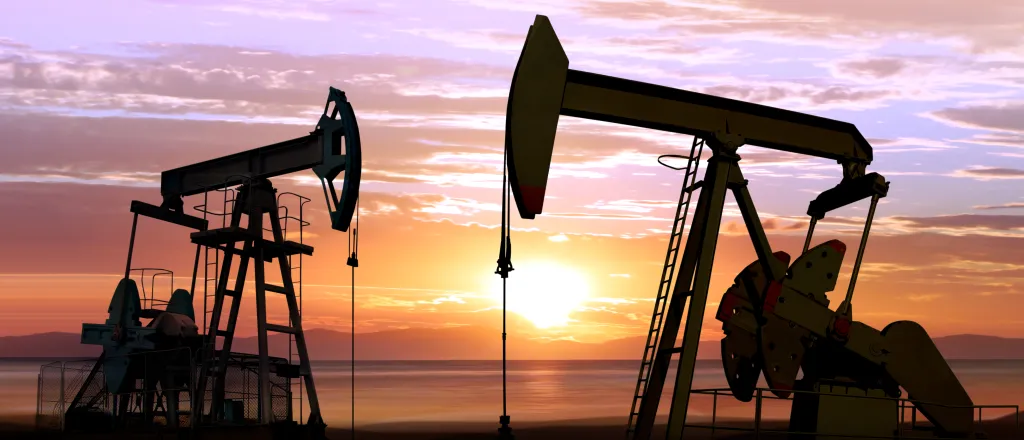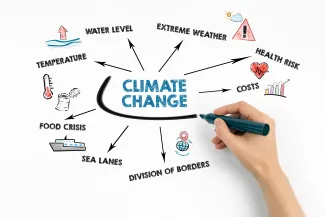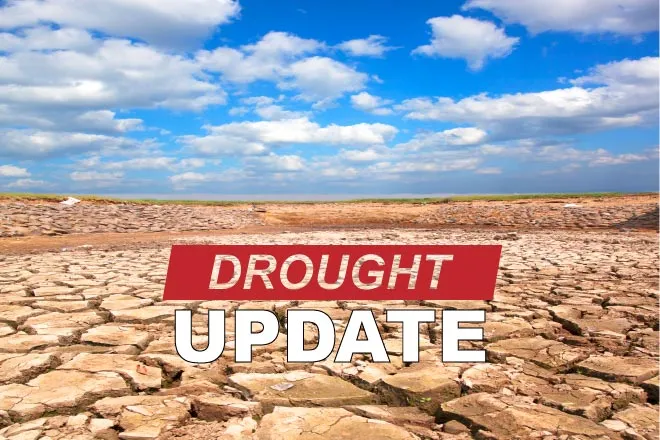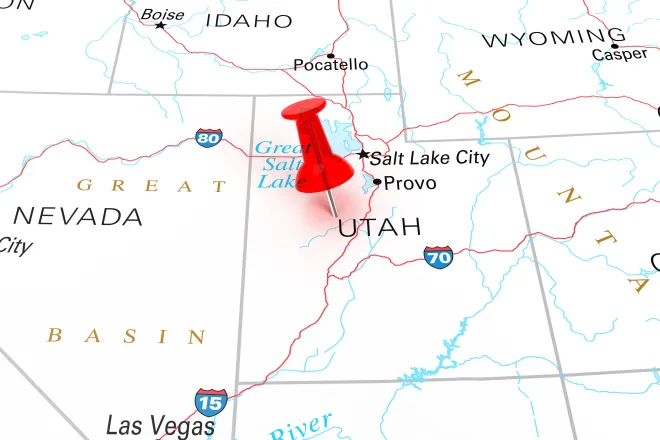
California lawmakers consider charging oil companies for climate-related damage
Click play to listen to this article.
The "Make Polluters Pay Superfund" bill goes before the California Assembly Natural Resources Committee Monday.
The bill would direct the California Environmental Protection Agency to study how much climate change has cost the state between 1990 and 2024, and assess a one-time fee on oil and gas companies emitting more than 1 billion metric tons of emissions.
Maya Golden-Krasner, deputy director of the Climate Law Institute at the Center for Biological Diversity in Los Angeles, explained the goal of the bill.

"These are companies that make billions of dollars in profits per day," Golden-Krasner pointed out. "This bill would take some of the burden off of taxpayers, and put it onto the people who caused the crisis."
Right now, taxpayers end up footing much of the bill to clean up after natural disasters like mega-fires and floods, made worse by climate change. The money would go into a fund for climate-related programs, including projects to promote energy efficiency, make infrastructure more resilient, create urban green spaces and restore wetlands. The Western States Petroleum Association is among opponents of the bill, saying it will raise fuel costs for consumers and businesses.
The State Building and Construction Trades Council also opposes the bill, saying it will cost jobs.
Asm. Dawn Addis, D-Morro Bay, a sponsor of the bill, argued the climate projects will create jobs and a one-time fee should not affect gas prices.
"These companies lied to the public for decades," Addis contended. "They knew that the pollution they were causing was creating climate damage, was leading to global warming. They hid that information, and it's time for them to be part of the solution."
The bill has already passed the Senate Environmental Quality Committee in March and goes before the Senate Judiciary Committee Tuesday.















